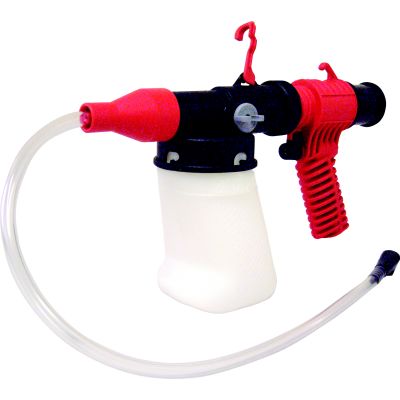I am perplexed with my friend's 2002 Protege sedan. She said her brakes start going to the floor. I replaced the rear drum shoes as they were half worn. The front disc pads are almost like new. I bled the brake fluid thinking after a distance the moisture could start to boil causing air bubbles. The brakes felt fine after doing this. She calls me a few days later and said the brakes always feel good in the morning but after the stop and go commute of 15 miles, the brakes start to go to the floor. Pumping the brakes doesn't help. After her 8 hour job the brakes still feel low. The next day in the morning it repeats with the brake high and starts to get lower after driving and stays that way the rest of the day.
I tried the brakes with the engined turned off and they feel high without any loss of height. When I turn on the car the pedel goes down a little as expected with the booster kicking in.
Does anybody have an idea what could cause this?
I tried the brakes with the engined turned off and they feel high without any loss of height. When I turn on the car the pedel goes down a little as expected with the booster kicking in.
Does anybody have an idea what could cause this?


